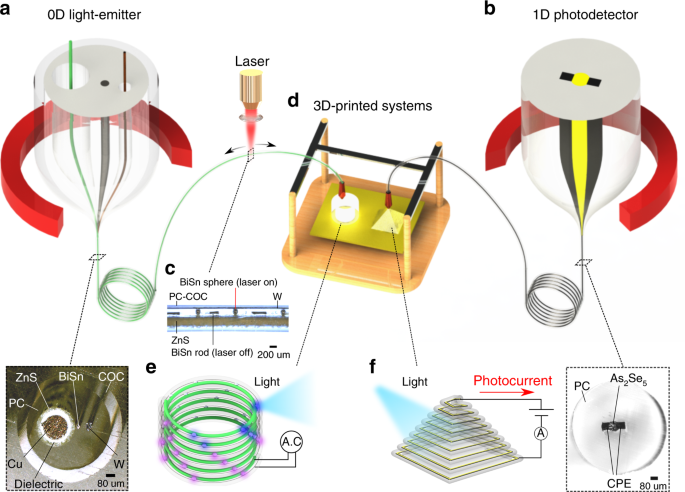2019/9/11 欧州連合(EU) CORDIS

・ EU が資金を提供する「PYCSEL(PYroelectric Conformable Sensor matrix for Large area applications in security and safety) 」 プロジ ェ ク トが開発 した 、薄型で有機の フレキシブルな電子機器 、「TOLAE(thin, organic and large-area electronics)」を使用して、同プロジェクト研究チームはこの度、かさばらず低廉で、高画質な熱指紋センサーを開発。スマートカードや、車のハンドルやギアの自動コンテキストに使用可能。
・ 「TOLAE」のセンサーは、薄さが 200 ㎛以下でフレキシブル。低廉で、500ppi の高画質、76mm X 81mm の大きな活性領域がある。
・ デバイスは1本指用の指紋センサーで、256 X 256 ピクセル、500 ppi。プリントした光焦電効果を生じるポリフッ化ビニリデン層を、フレキシブルなプラスチック箔上のインジウムガリウム亜鉛酸化物の薄膜トランジスタのアクティブマトリクスの上に結合した世界で初めての指紋センサーで、アクティブサーマルタイプ。
・ ピクセルに接触する突起が熱をくみとり、センサーに接触しない部分との温度差を形成。・ 同センサーは、本年 9 月 16 日-18 日のドイツ・ダルムシュタットでの EAB 研究プロジェクトコンファレンスで発表、実証。
・ また、本年 3 月、ドイツ・ミュンヘン開催の LOPEC コンファレンスで発表、実証した。
・ 「 PYCSEL 」 は 、同 コ ン フ ァ レ ン スの 、 Organic and Printed Electronics Association (OE-A) competition で Best Publicity Funded Project Demonstrator Award を受賞。・ 「PYCSEL」では、最終的に、1500 X 1600 ピクセル、アクティブエリア 75 X 80 ㎟の4本指のスラップセンサーを作製する予定。
・ この 3 年間のプロジェクトは、French Alternative Energies and Atomic Energy Commission が主体で行っており、現在は 3 年目。プロジェクト完了予定は、2019 年 12 月。
URL: https://cordis.europa.eu/article/id/406924-a-finger-on-the-pulse-of-sensordevelopments/en
(関連情報)
PYCSEL project ウェブサイト URL: https://www.pycsel-project.eu/
<NEDO海外技術情報より>
Once upon a time, fingerprint sensors were only associated with law enforcement and corporate security. Now, they’ve become so commonplace that they are even used in mobile phones. The biometric technologies found in such sensors are mostly based on optical or silicon devices. However, these are hampered by various limitations. Optical sensors are bulky, inflexible and costly. While not as expensive, silicon sensors are also inflexible and have a small acquisition surface. The EU-funded PYCSEL project overcame these drawbacks using flexible electronics, also known as thin, organic and large-area electronics (TOLAEs). TOLAE sensors are thin (less than 200 μm), flexible and low-cost, with a high resolution (500 ppi) and a large active area (76 mm x 81 mm). With this technology, the project team developed a thermal fingerprint sensor that isn’t bulky and which provides high-resolution fingerprint images at a reduced cost. This makes it well suited for applications such as smart cards and automotive contexts like steering wheels or gears. The device is a one-finger sensor with 256 x 256 pixels at 500 ppi. It is also the first fingerprint sensor in the world that combines printed pyroelectric polyvinylidene fluoride-based layers above an indium gallium zinc oxide thin-film transistor active matrix on a flexible plastic foil. The device is an active thermal fingerprint sensor. It has ridges touching the pixels, pumping heat and therefore creating a temperature difference with valleys that don’t touch the sensor.



